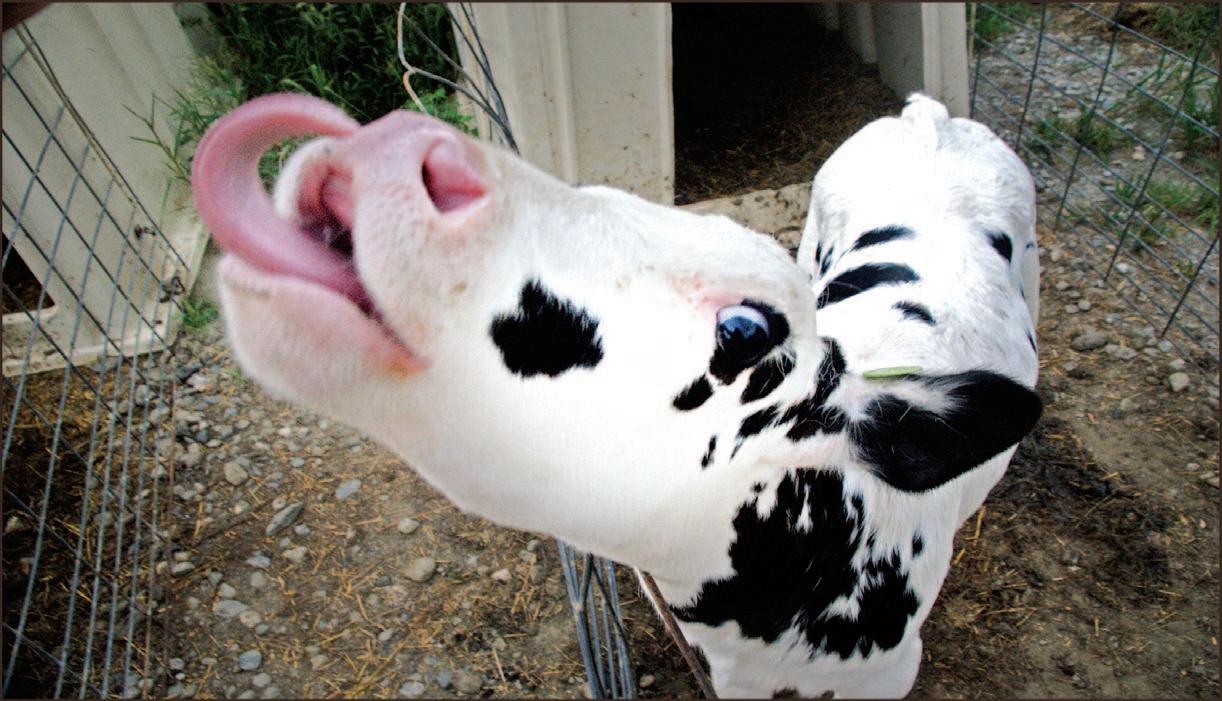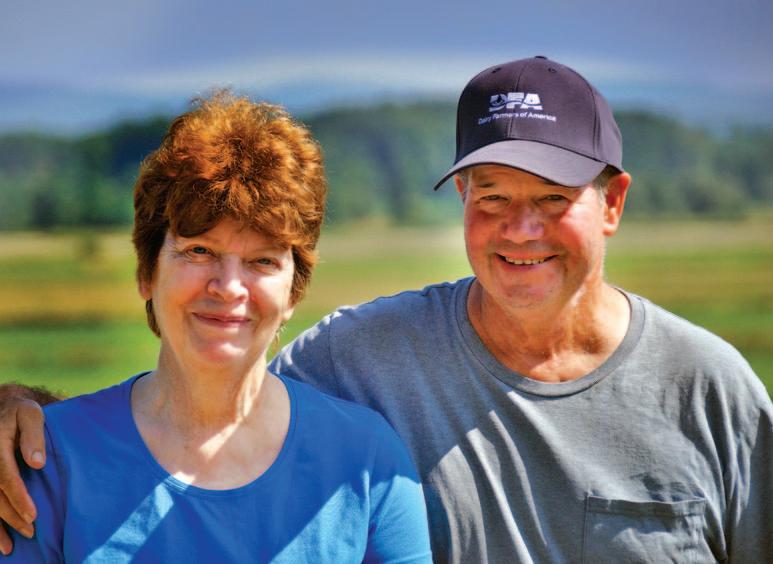
13 minute read
FeedMe518
When you walk into Cafe Capriccio, you can just feel it. It's warm and comfortable. The staff and owners get excited when they see you.
"Come here, I want to show you this. Come with me!" the owner Jim Rua excitedly says to me just minutes after I walked through the door after a short introduction, meeting him for the very first time. He takes me all over the building, and while you know he's given this tour over a thousand times, it feels like he's telling his stories about every part of Cafe Capriccio for the very first time.
Advertisement
Jim, born in Albany, New York, grew up in an ItalianAmerican family. Traveling abroad for years with a keen interest in Italian culture, food, and wine peaked Jim's desire to open an authentic Italian Restaurant, which led him to open Cafe Capriccio in 1982; 39 years later, Cafe Capriccio still stands, just a short walk to downtown Albany.
"Many people accept the challenge of opening a restaurant because they may like cooking, or the social aspects, or the perceived glamour of restaurant life, but I quickly learned that there is far less glamour than there is the required discipline and hard work in the life of a restaurant owner - and that earning a dollar is not so easy."
Jim tells me, "Perhaps the best part of this is that my son, Franco Rua, joined me after his college experience and shares the same visions and objectives. I’m especially delighted watching Franco take Café Capriccio to a new level of excellence. This is my satisfaction and reward."
This father and son team are now embarking on a new endeavor, soon offering downtown Albany The Café Capriccio Marketplace, with fine imported Italian products, as they work closely with small farms and vineyards in Italy. Head Chef, Mike Scattergood, sincerely shared that "Cafe Capriccio is where it all started for me. It’s where I fell in love with the industry. So while other options may present themselves, none are as special to me as Cafe Capriccio."
Chef Mike started working at Cafe Capriccio as a teenager from 2001-2005, and they welcomed him home with open arms when he came back to Albany in 2019 to raise his family. "I was a private chef who was traveling a lot. I left that behind to build a family and to return to a restaurant that has always felt like family," said Chef Mike.
Cafe Capriccio offers authentic Italian cuisine daily, along with the incredible upscale new world menu created by Franco Rua and Chef Mike. They also offer artisan woodfired pizza baked in an oven from Modena, Italy, and make all their pastas fresh in-house.
The Stuffed Eggplant Capriccioso is a Capriccio Classic! Eggplant sliced so thin, stuffed with sautéed spinach and roasted peppers, topped with four cheese blends, served with seared polenta & vegetables.
The Boscaiola is a delicious Truffle-mushroom cream sauce, with house imported Tartufino cheese from Tuscany over arugula & pasta.
The Chicken Scarola is a tender roasted chicken leg with a crisp skin, escarole, olives, and white beans with saffron risotto and vegetables.
The Sautéed Shrimp & Sausage grilled with roasted tomato, cherry pepper, and garlic cream rests on crispy polenta cakes
Golden Beets, oranges, pistachios, goat cheese, and arugula dressed with orange vinaigrette makes for a refreshing salad. The Shrimp Gambino is wild shrimp, tomato confit, lemon white wine butter sauce, and toasted breadcrumbs on pasta.
If you asked me to pick a favorite dish here, I can't. I genuinely enjoyed every item I tasted. So much so, that after photographing and experiencing much of their food all day, I had my husband meet me here for dinner that night.
I have personally experienced how Cafe Capriccio not only makes their staff feel like a part of their family, they have this way of making everyone who walks through their door feel welcomed as well. Sautéed Shrimp & Sausage
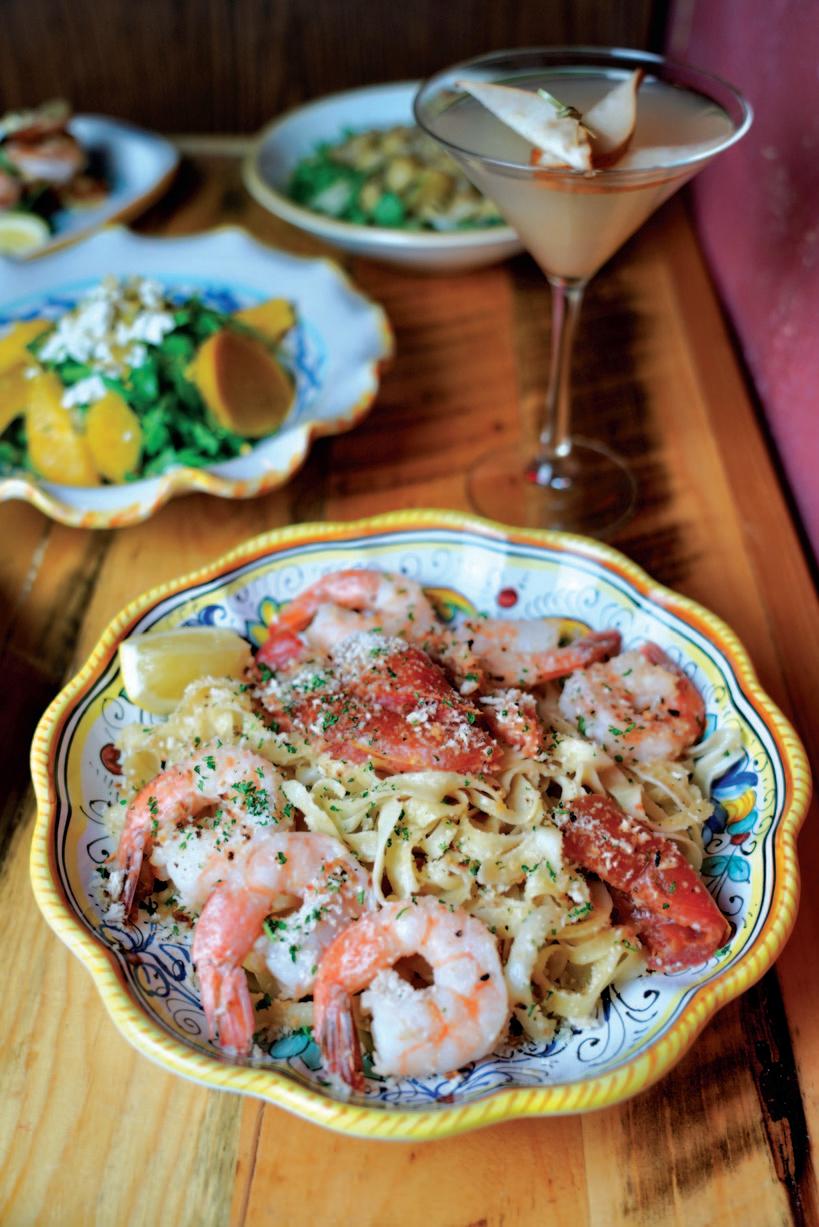
Chicken Scarola
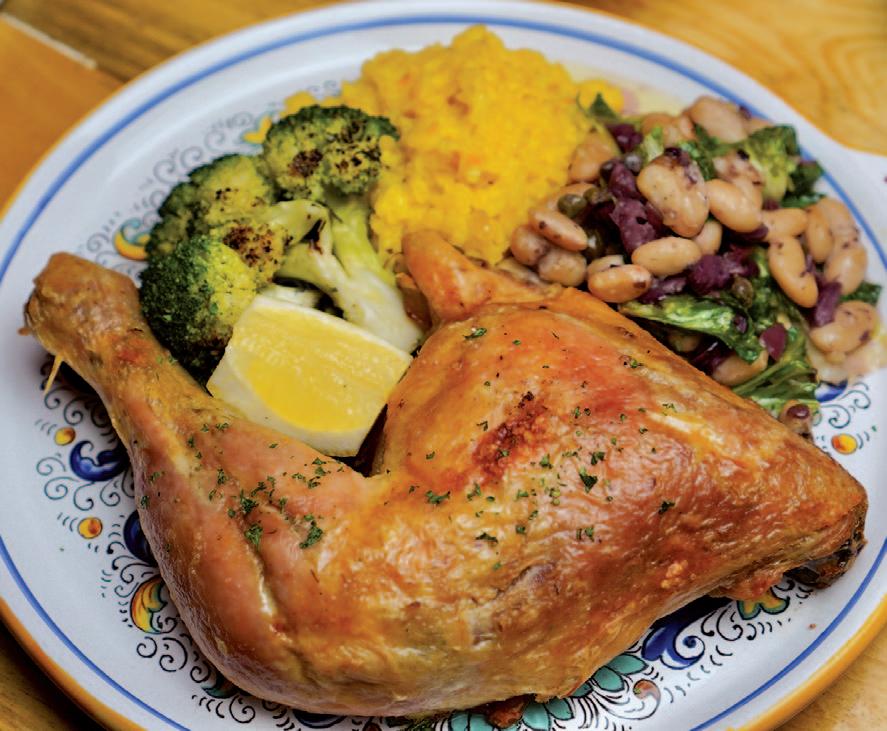
Cafe Capriccio is located at 49 Grand St, Albany, NY 12207
Happy Eating!
Nellie Ackerman-Vellano, Feed Me 518™ Instagram: @FeedMe518 FB: www.facebook.com/FeedMe518 Website: www.FeedMe518.com



The Guardians of the Soil
How the Agricultural Stewardship Association is protecting precious local farmland from development
Story and Photos by Lawrence White
I was recently traveling with an old friend who is a 3rd-generation Saratoga farmer when we were stopped for road work on Rt 29 not far from Fish Creek. My friend looked out the side window and motioned at a new strip of asphalt covering a large area off the road.
“You see that?” He said with obvious sadness. “I used to farm that piece of land. Best bottom soil in the entire country. “He paused briefly, then turned away. “Once was, anyway.” Then with a sense of resolve added, “It sure ain't anymore.”
Unfortunately, that is the course our society too often sets. Instead of thoughtful conservation, we choose the irretrievable destruction of precious natural resources for short-term gains. Left alone, the land would be there for eons to come, while that which replaces the land often lasts a couple of decades at the very most.
And what do we lose? The phrase, “no farms, no food,” comes to mind. Time after time we are selling our future and getting nothing in return.
The good news is that some have taken up the cause of protecting these resources and have developed a working strategy that is effective and geared for the long run.
One such group is the Agricultural Stewardship Association (ASA) based in Greenwich NY. They have helped conserve over 24,000 acres on 144 properties in Washington and Rensselaer counties in the Upper Hudson River Valley. They are associated with the American Farmland Trust (AFT) which is the national policy group with an office in Saratoga Springs advancing many of the same issues as ASA such as more state and federal funds to help protect farmland in Saratoga County and across the country.
ASA offers several options to landowners who are interested in permanently protecting their land from development. They can help farmers apply for government funding to reimburse them for giving up their development rights in perpetuity. This can be a significant financial sacrifice for the landowner and illustrates how much affection they have for their profession and the land.
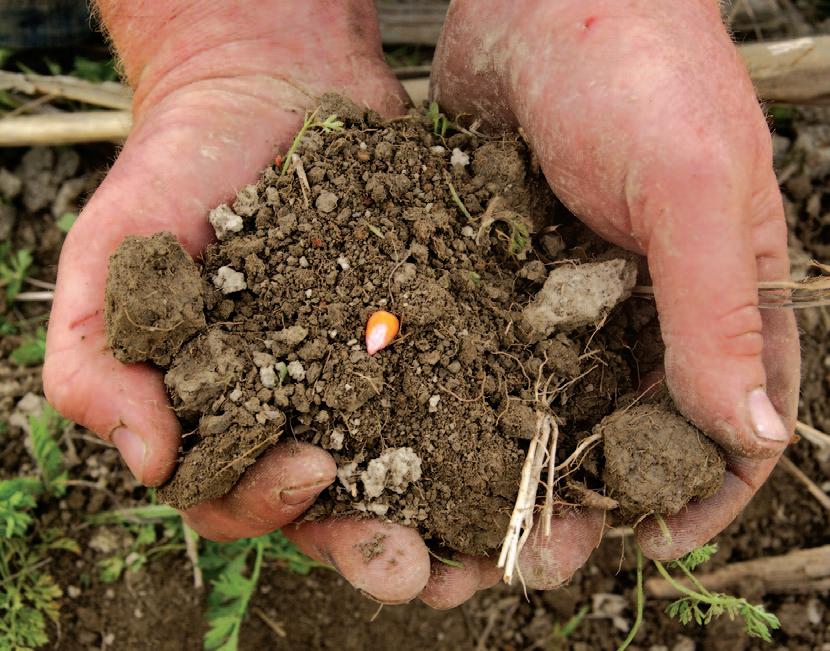
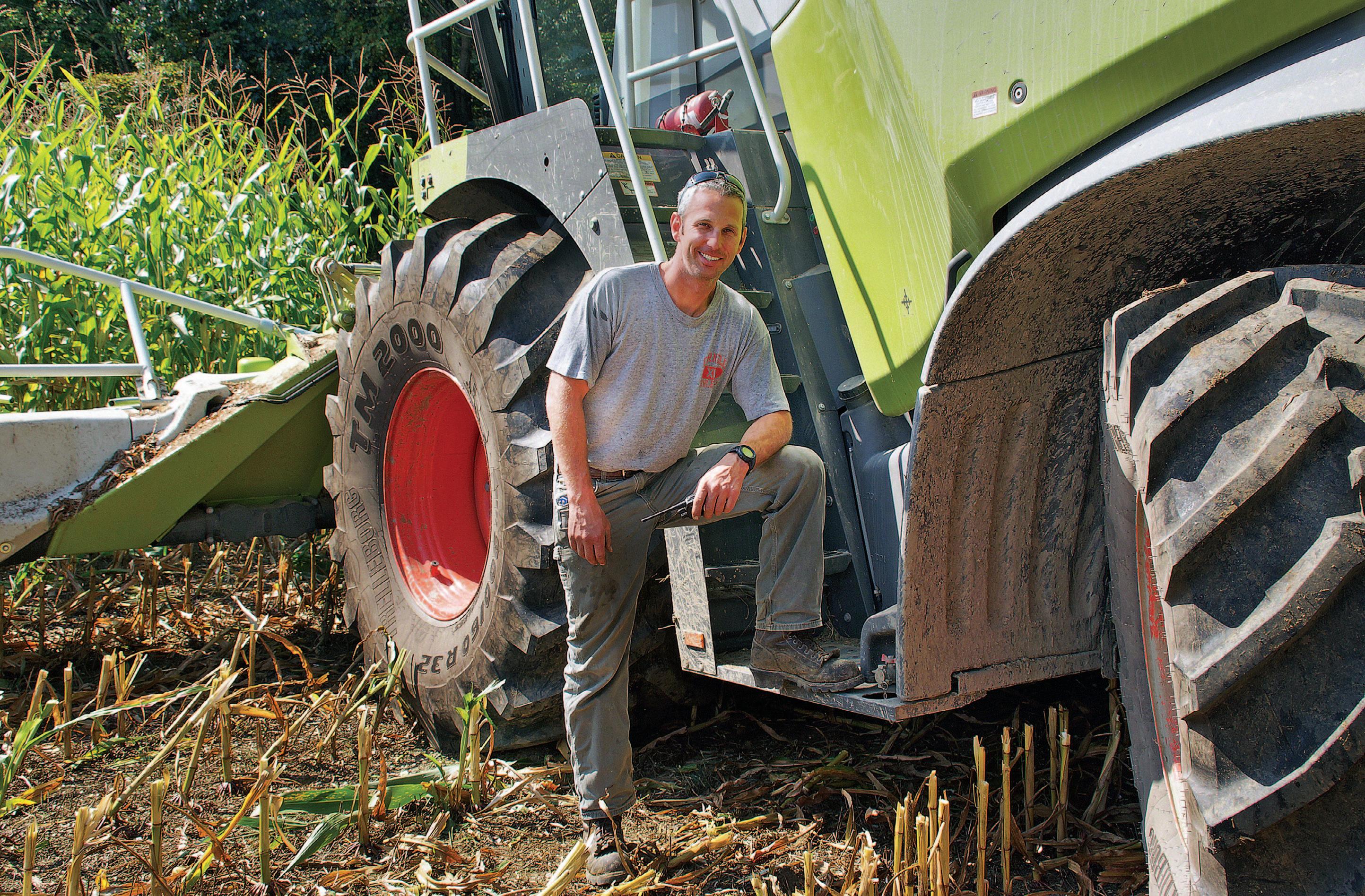
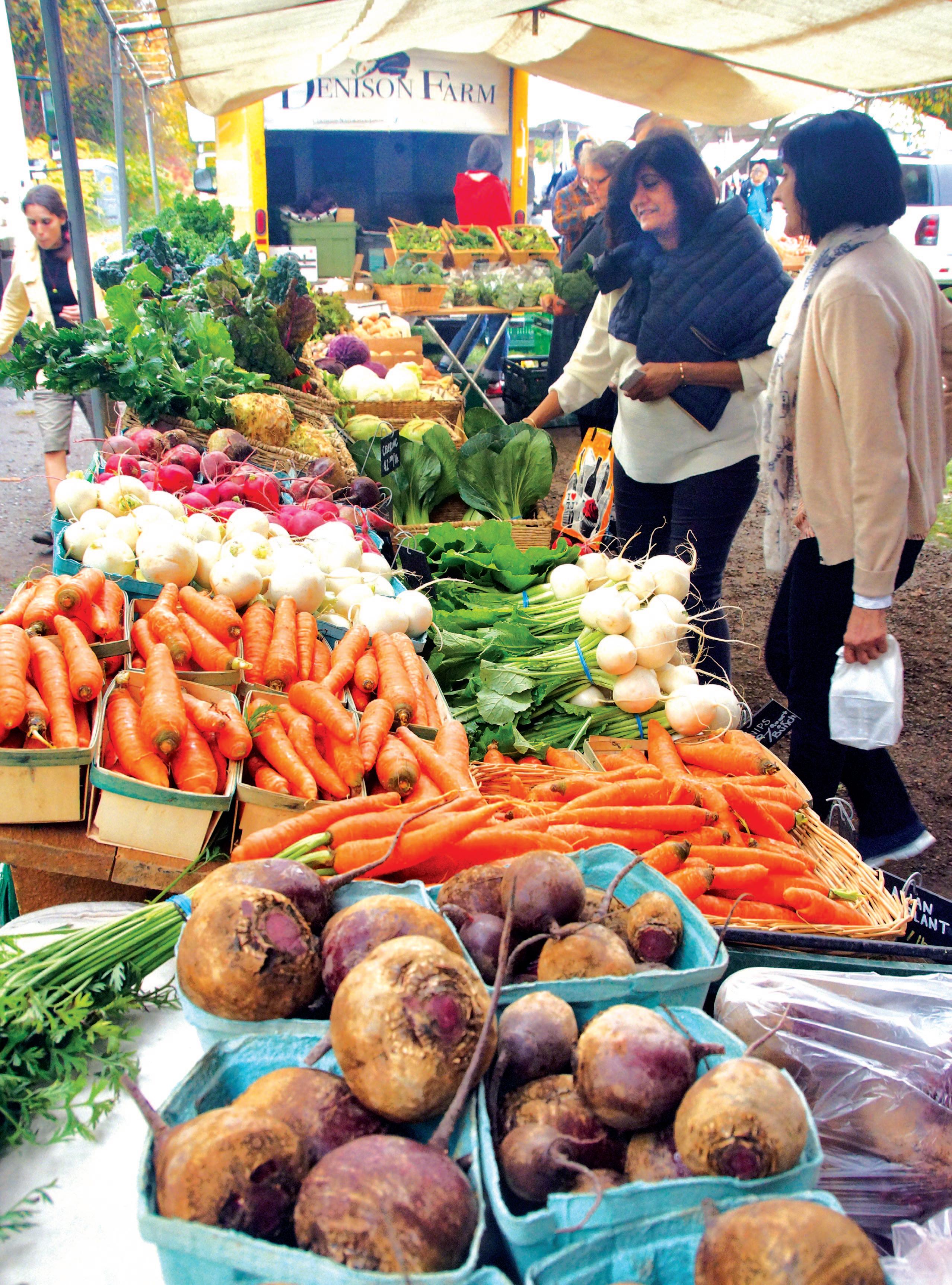
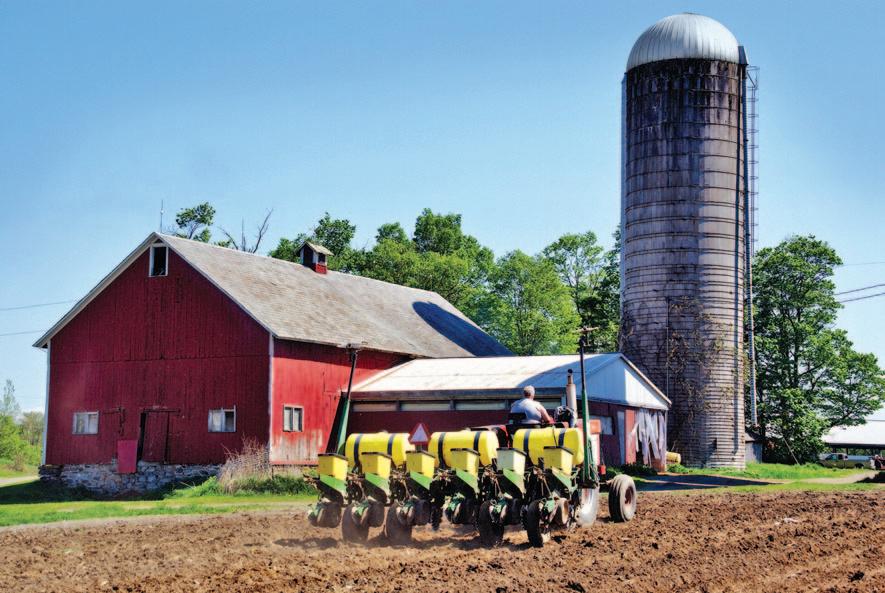
Also, whenever government funding is not available, landowners may be able to donate their development rights by giving up those rights to the organization at no cost which will likely provide the landowner certain tax advantages.
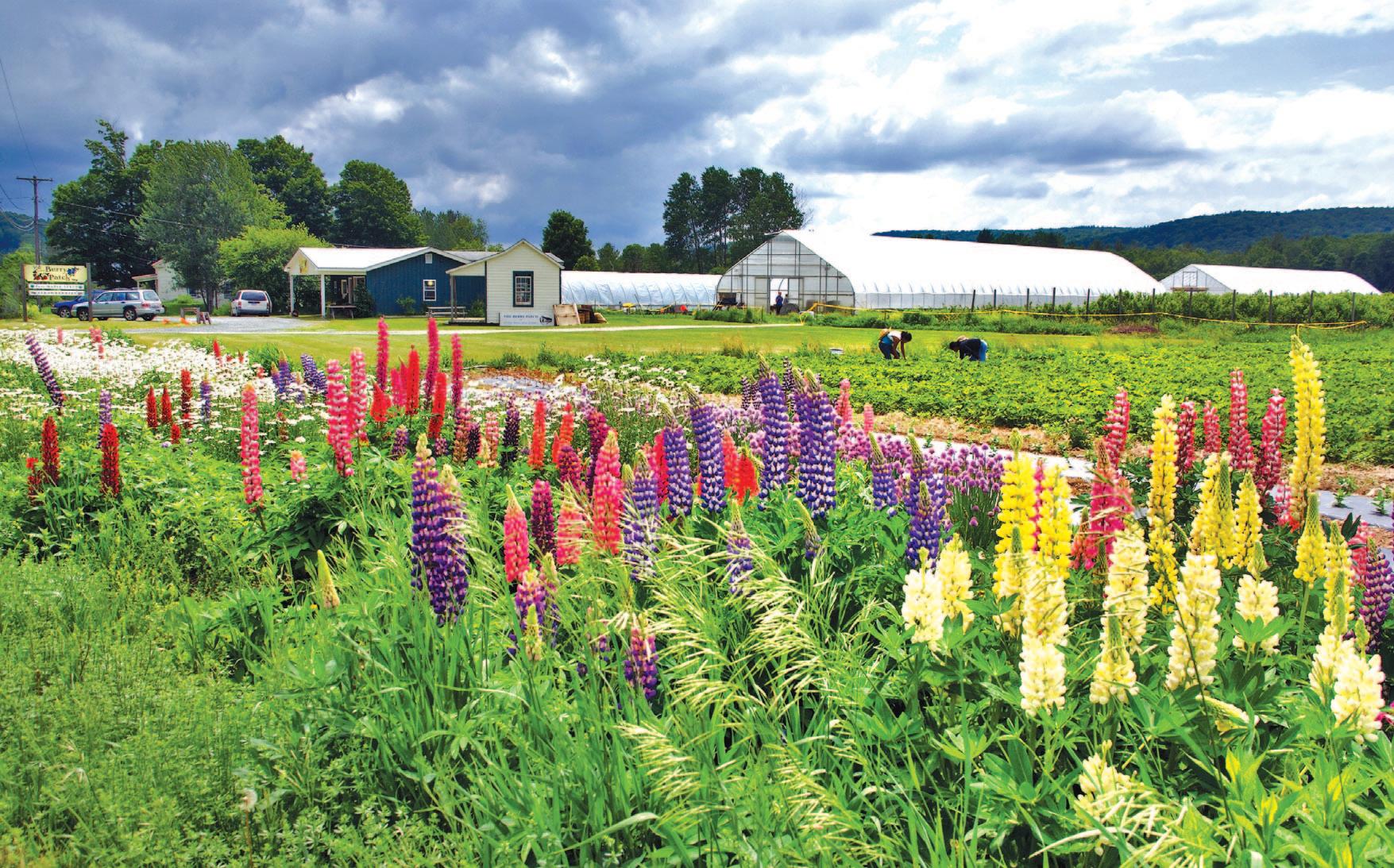
Stone Wall Hill Farm
Planting tomatos at Moses Farm When I ask ASA Executive Director, Teri Ptacek how important farmland is in these uncertain times she responds, “Local farmland is essential if we want to have access to locally produced food. Think of it as an enormously valuable and limited resource that once developed is gone forever. That’s why it’s critically important to protect as much local farmland as possible so that we always have a nearby land base for farmers to produce food for us and for future generations. Of course, it’s also extremely important that we support our farmers so that they can stay in business. Buy and eat locally produced food and also support organizations like ASA that help farm families conserve their land and keep America strong.”
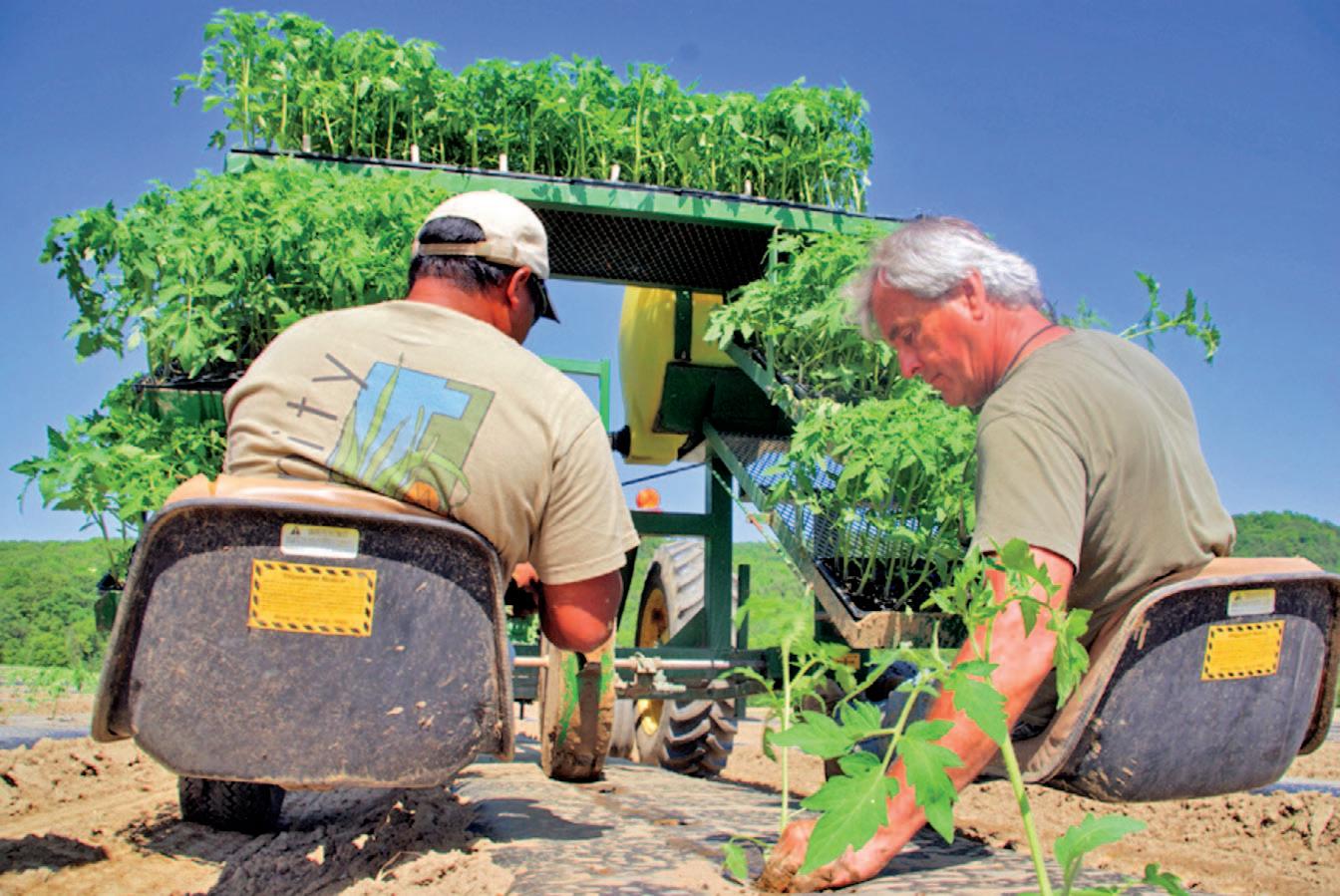
Ms. Ptacek continues, “ASA is a communitysupported organization that’s here for the long haul. We rely on the generosity and compassion Teri Ptacek
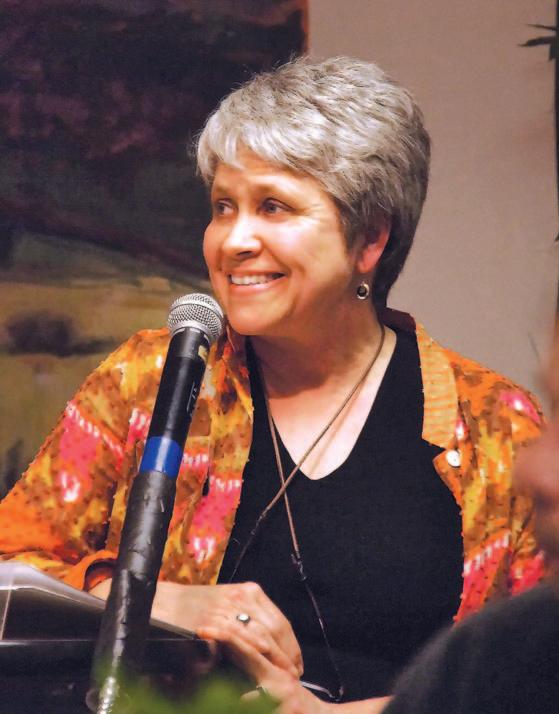
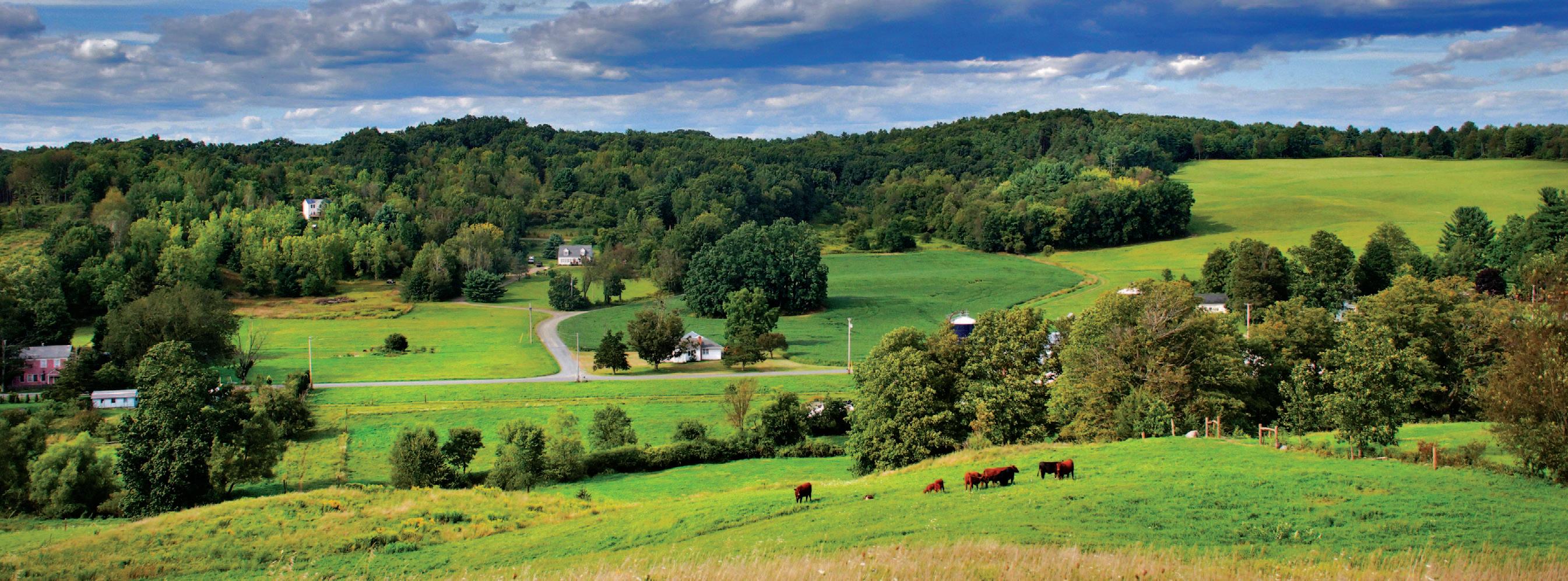
Richview Farm Barn of our supporters, friends, and neighbors to help us, particularly now that the world is in crisis.”
I ask about the environmental aspects of farming and Ms. Ptacek responds, “Farms help maintain open land and a balance with nature as well. Thirty to sixty percent of the average farm in our region is made up of woodlands, pastures, marshes, and streams in addition to cropland.”
“Considering all that farming provides in terms of food, farmland also provides massive environmental benefits such as food and habitat for local wildlife. The wetlands and forests help control flooding by absorbing water, and then there is also the scenic benefits farms provide. What’s more, healthy soils can play a huge role in offsetting the effects of climate change. On the other hand, converting farmland to development has detrimental long-term impacts on the quality of our environment and drastically diminishes the positive effects that open land provides.”
With true passion, Ms. Ptacek declares, “It’s more critical than ever to support local farms by buying their products directly from farms and farmers markets and at grocery stores. Those who are interested should continue to follow ASA on social media and help support our initiatives and programs. Once the coronavirus has passed and it is safe, we hope to see more people volunteer to help us. It is not only vital to the cause; it is fulfilling to know you are doing something meaningful and positive in a world with problems that too often seem beyond us.”
In a heartfelt appeal, Ms. Ptacek states, “The urgency and need for farmland protection have been steadily growing, outpacing our ability to serve farmers. Now with the coronavirus, it’s even more important to be able to meet this need. We recognize that everyone is hurting, but farms and forests are an important part of our local food system, health, and local community, and our help is needed now more than ever before.”
When I ask Ms. Ptacek about some of the farms, they work with she mentions Simply Grazin Farm in Washington County. “They are a large organic operation that had been squeezed by development in New Jersey and Virginia and chose our area to locate their farms and headquarters because of the productivity of the land and highly developed farming infrastructure. Now, since protecting two farms already, they are working towards protecting two more. They sell their meat to most of the resellers on the east coast including Whole Foods, Fresh Direct, Applegate, and Wegmans.” Richview Family
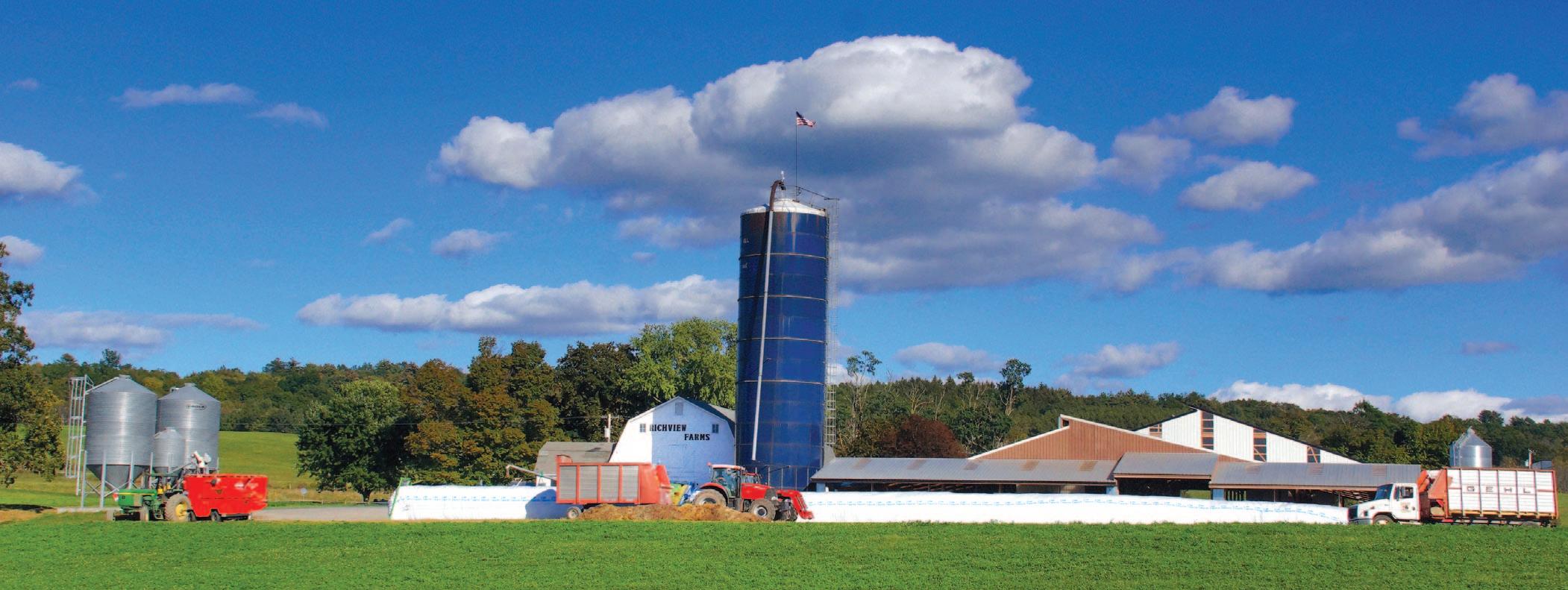
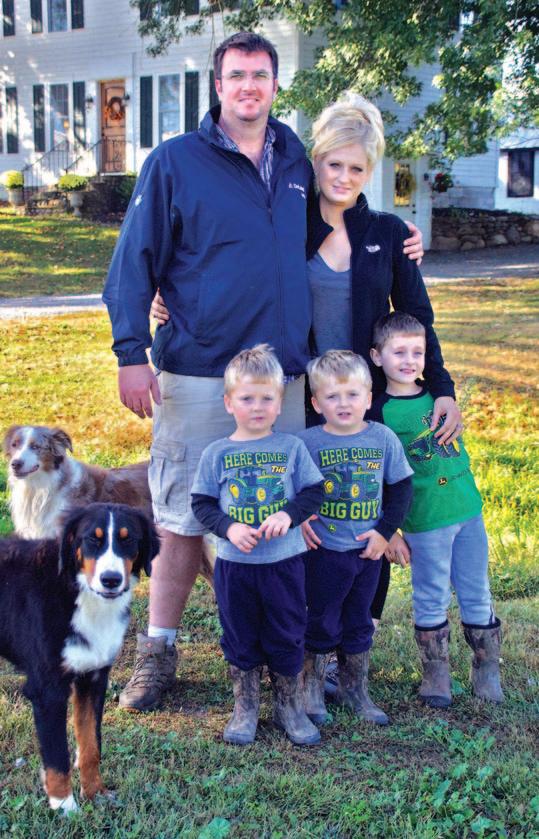
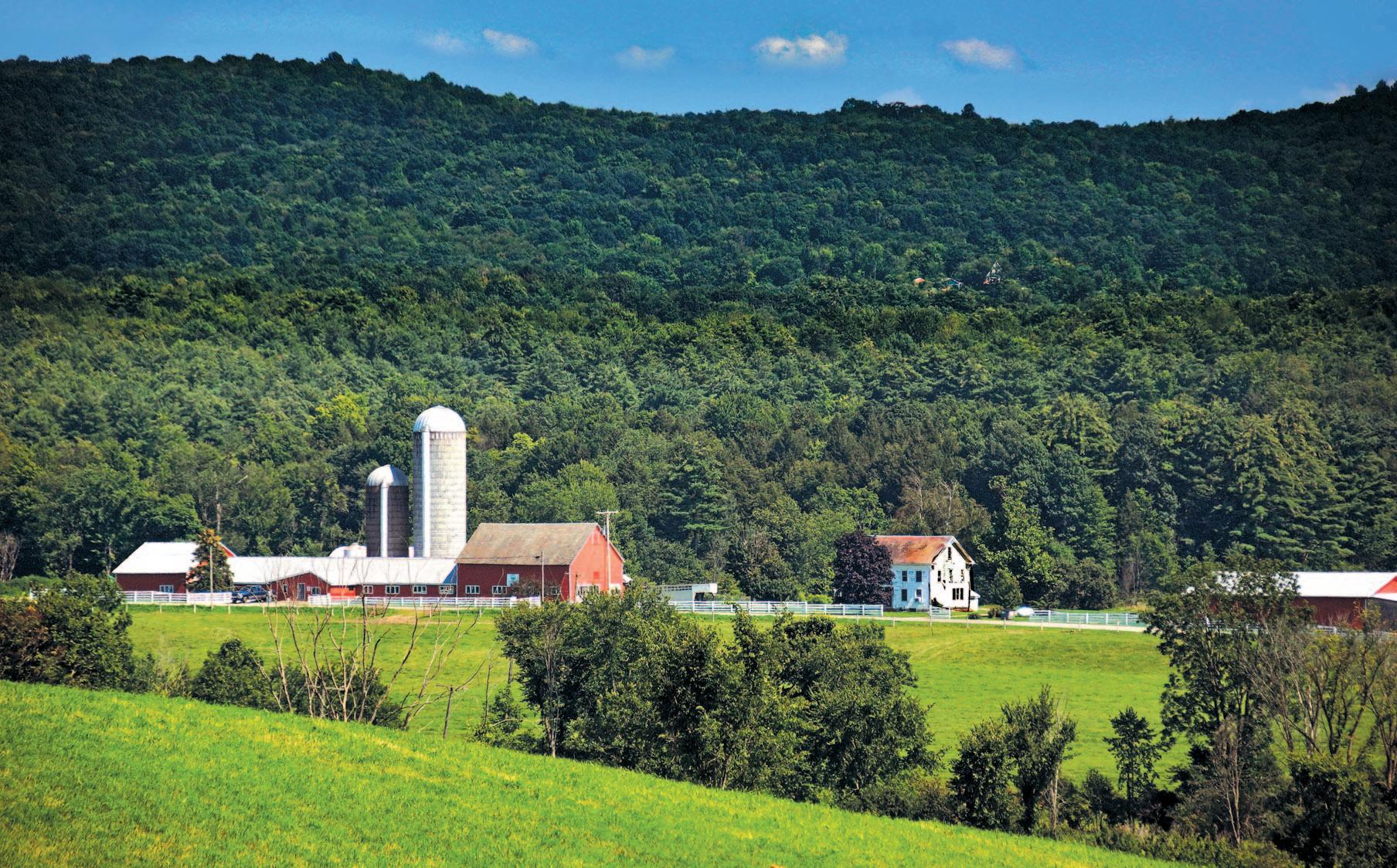
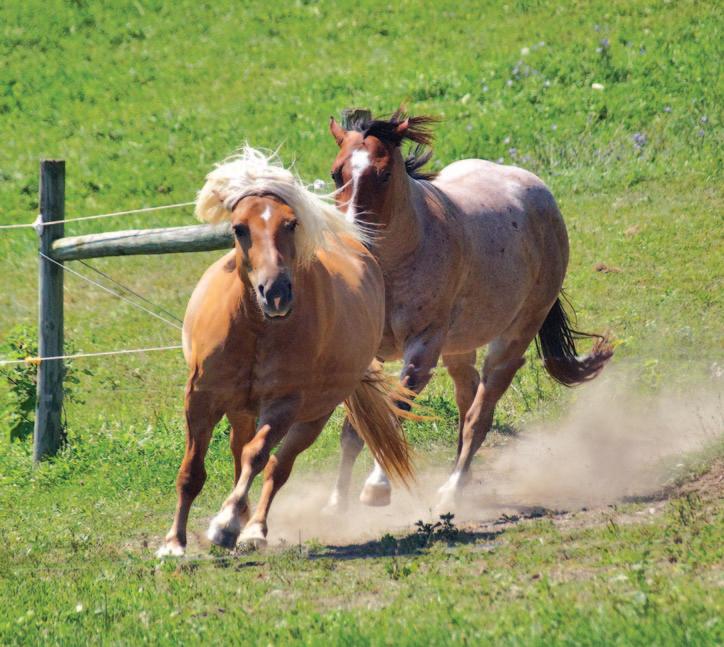
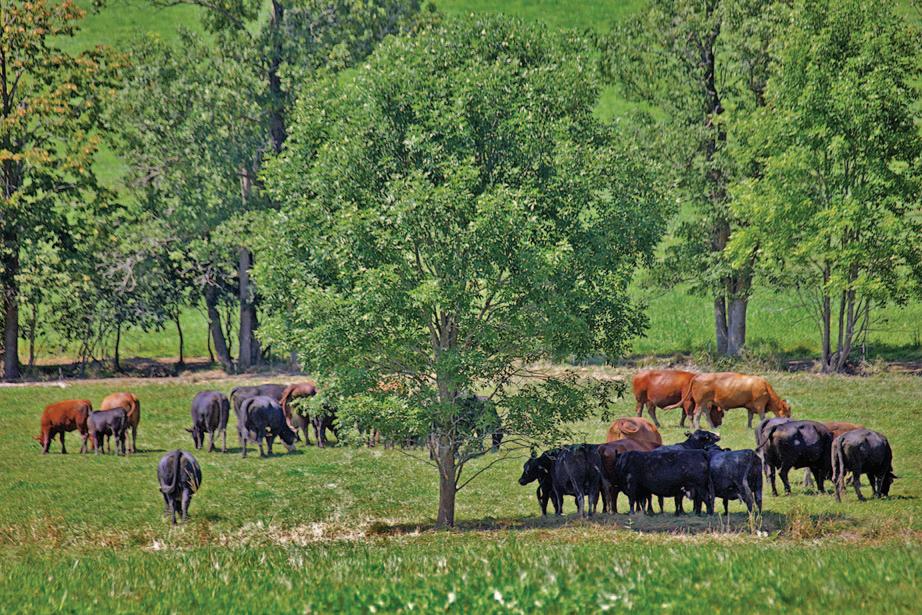
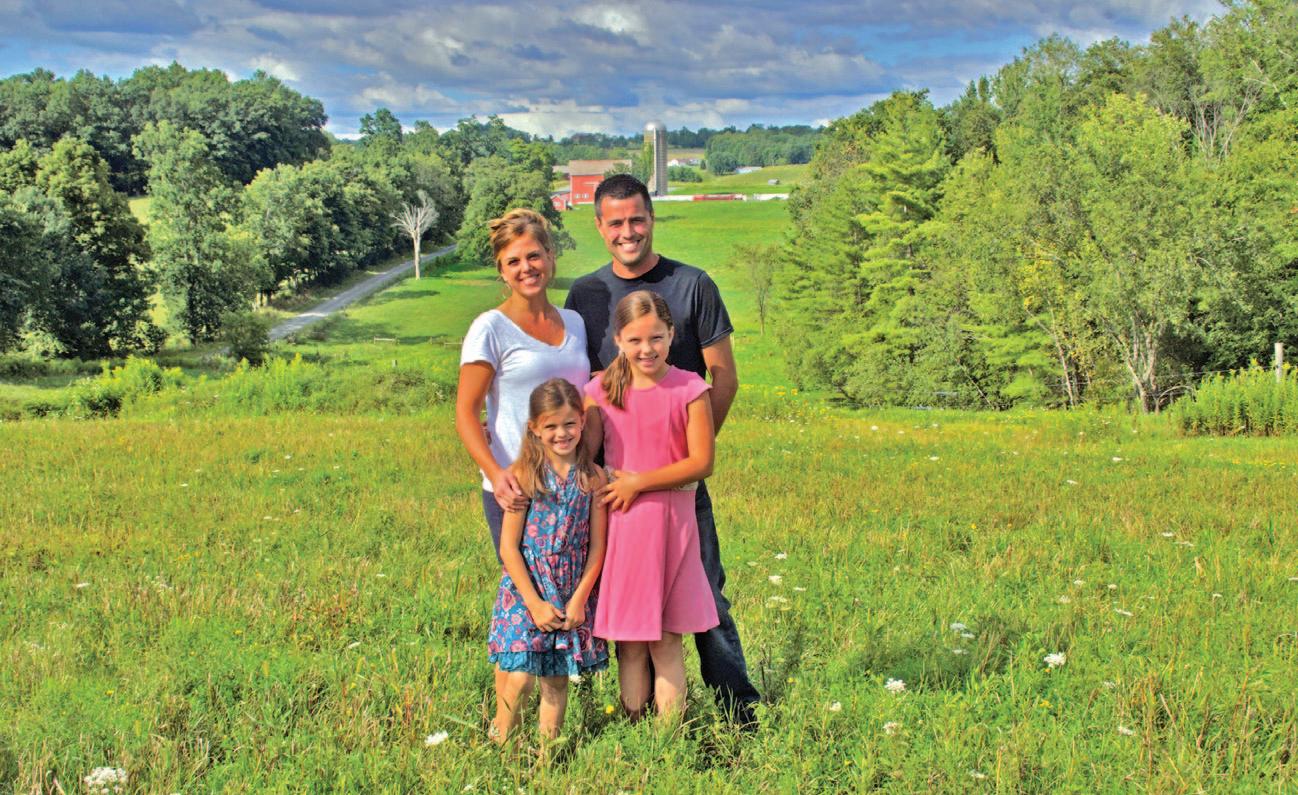
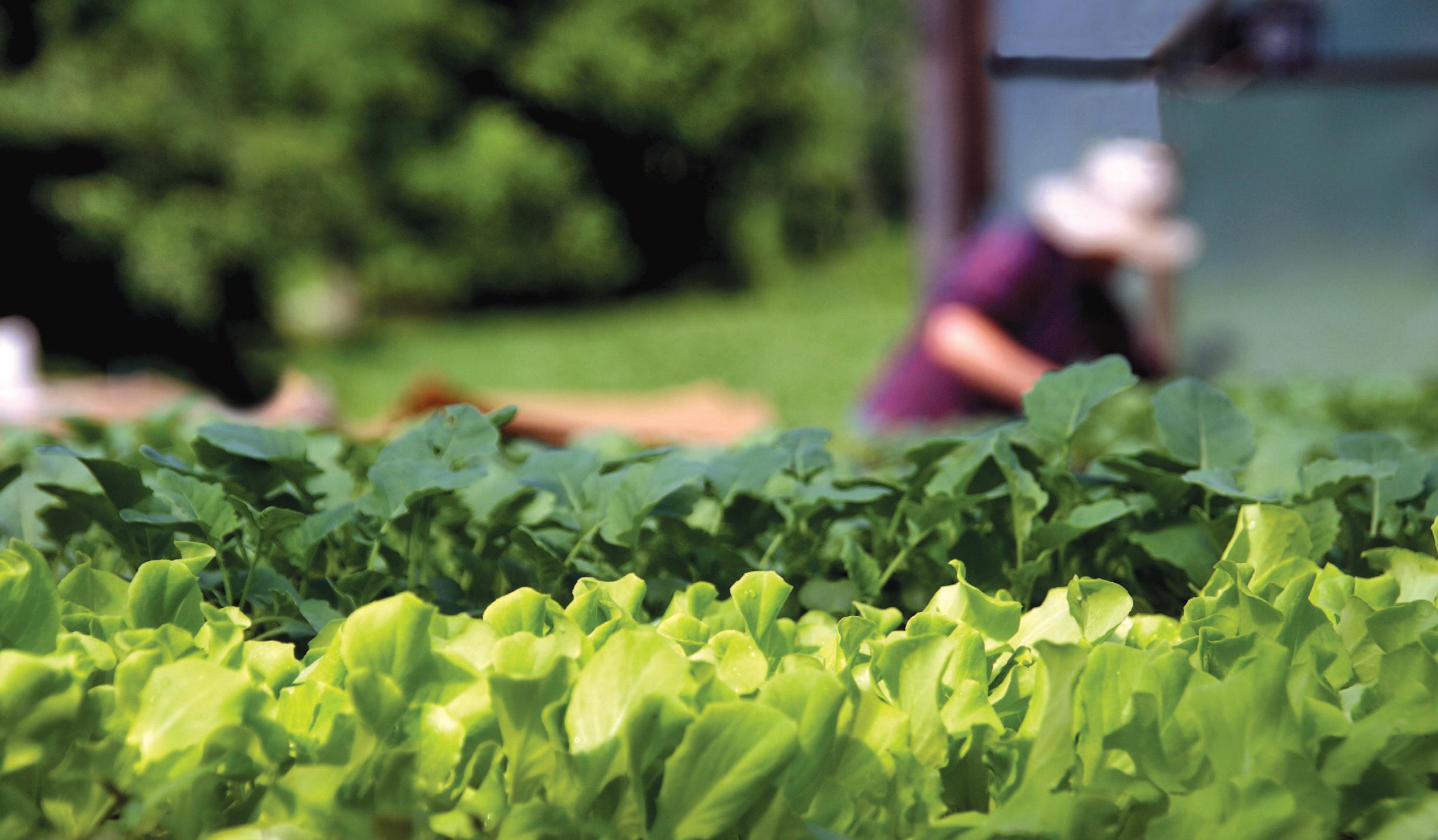
Denison Farm
“Another great farm is the Gibson Family Farm in Valley Falls,” she continues with enthusiasm. “This a true family farm that practices regenerative, sustainable agriculture. They believe in a farming method that improves the health of the soil. They sell meats including beef, chicken, and pork that have been naturally raised in open fields, so the livestock is healthier, the meat more wholesome and the land is maintained ecologically.”
When I ask Ms. Ptacek about how they are reaching out to the next generation I can see the excitement in her eyes. “Educating the next generation and their families is crucial. Most people haven’t grown up on farms or have a direct connection to them. Too often we take our food for granted and don’t even understand the important role farms and farmers play in providing the food we eat. Therefore, we offer a variety of programs to engage children from farm tours, farm photography lessons and visits to local fairs and farmers’ markets. One of our more popular is our Farm to Fork program where we take kids from Troy to different farms, learn about and cook with the products produced by these farms. This five-week program ends with a tour of the Troy Farmers’ Market and tokens to purchase food.”
Earnestly, Ms. Ptacek goes on, “Farms are vital small businesses providing products critical to our local food supply. Farmers are our friends and neighbors, many of whom have been here for generations. Young people want to farm, but they can’t compete with development prices. That’s one of the reasons why protecting farmland and making sure it’s there for the generation is so important.”
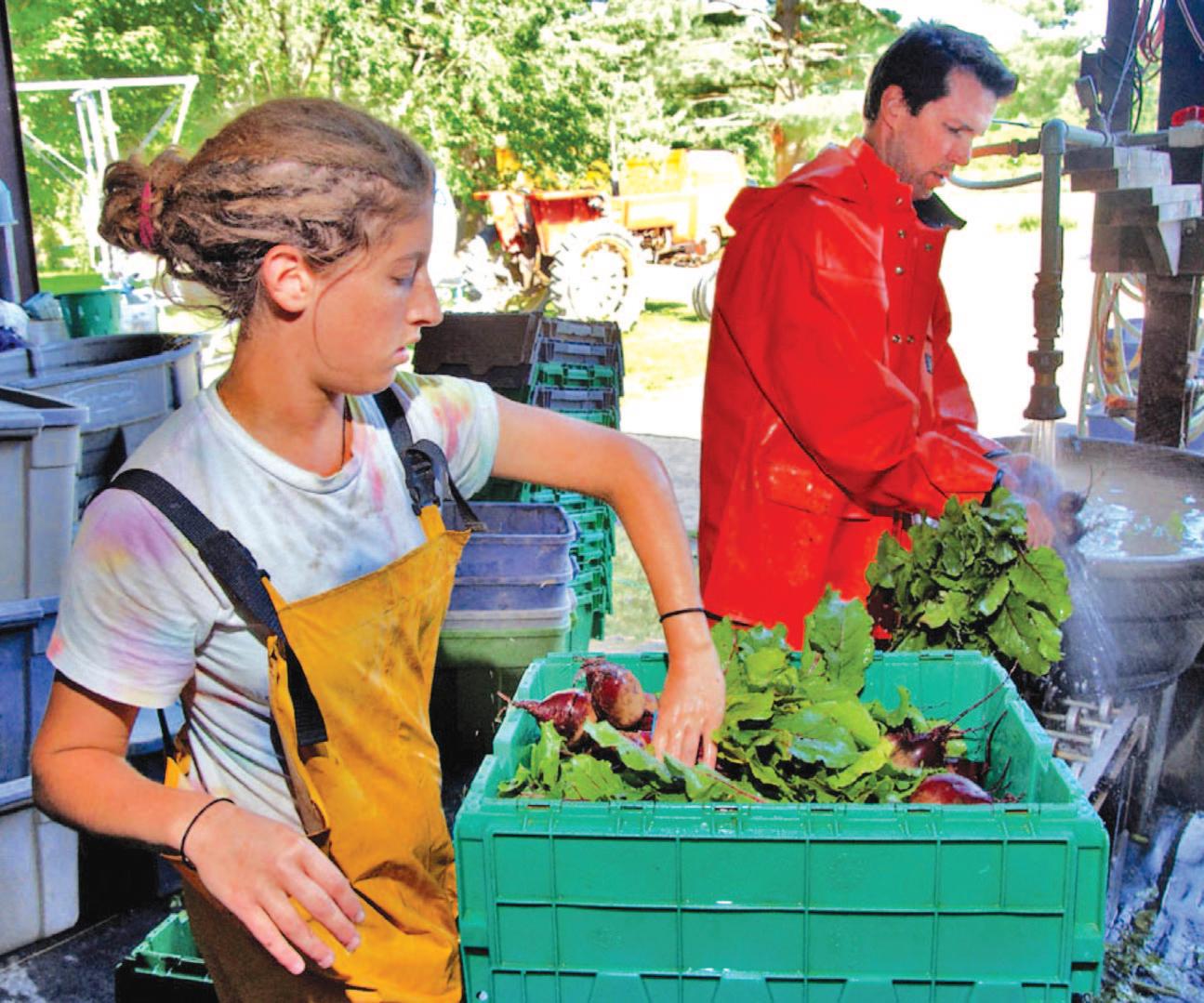
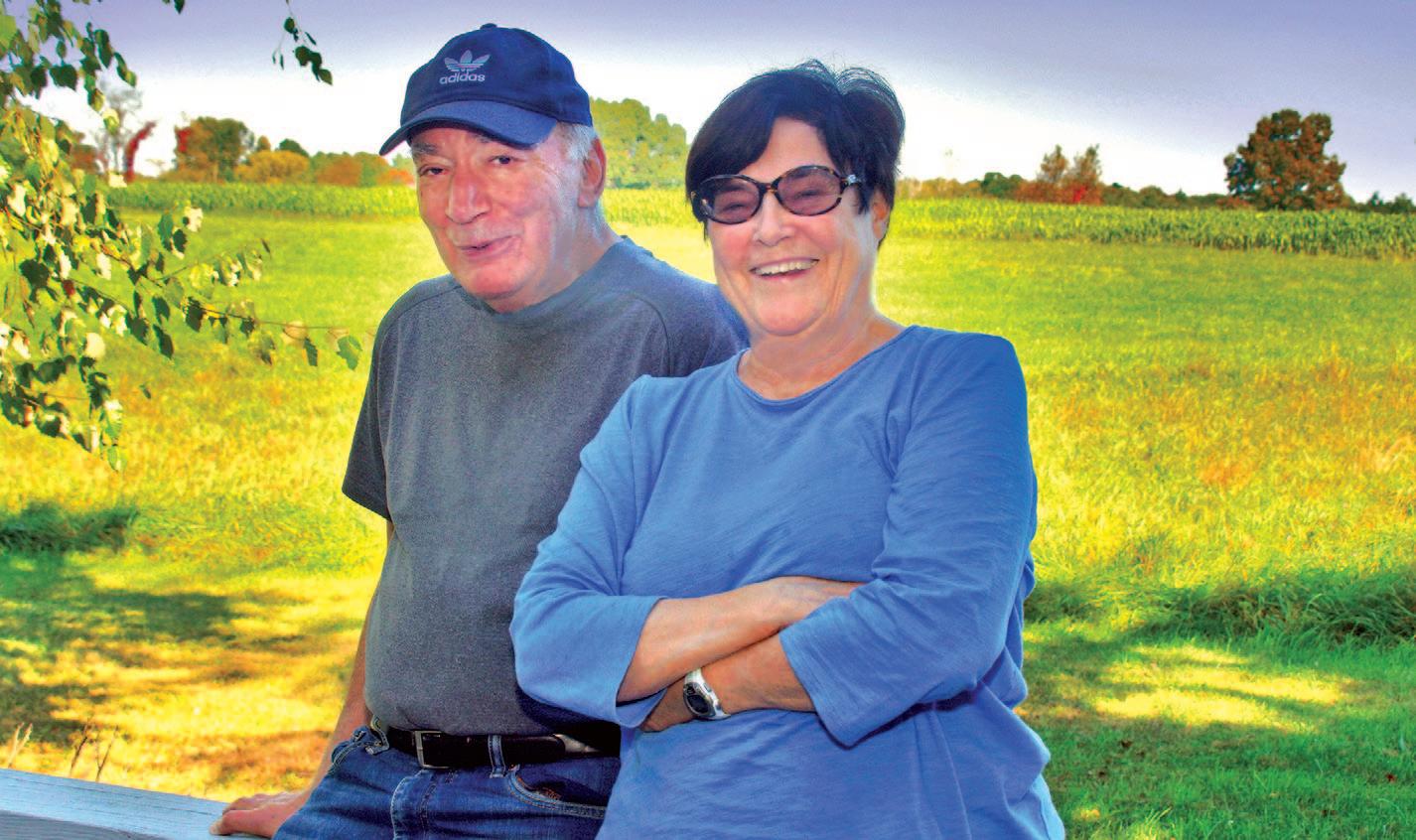
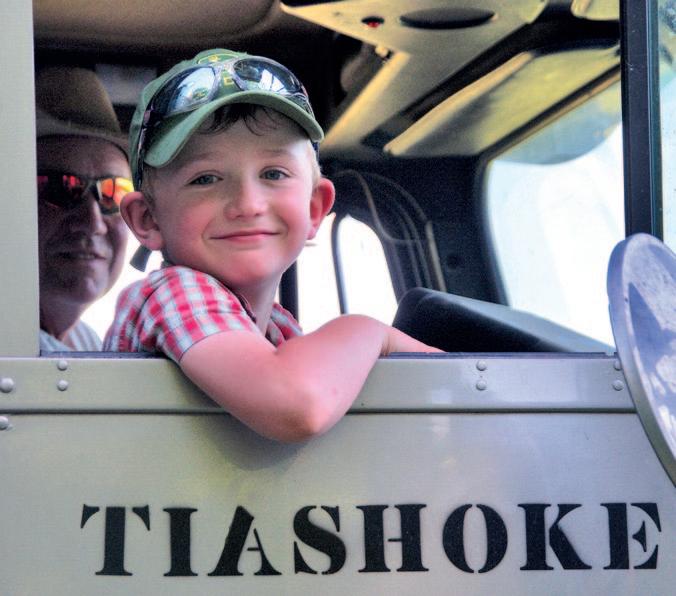
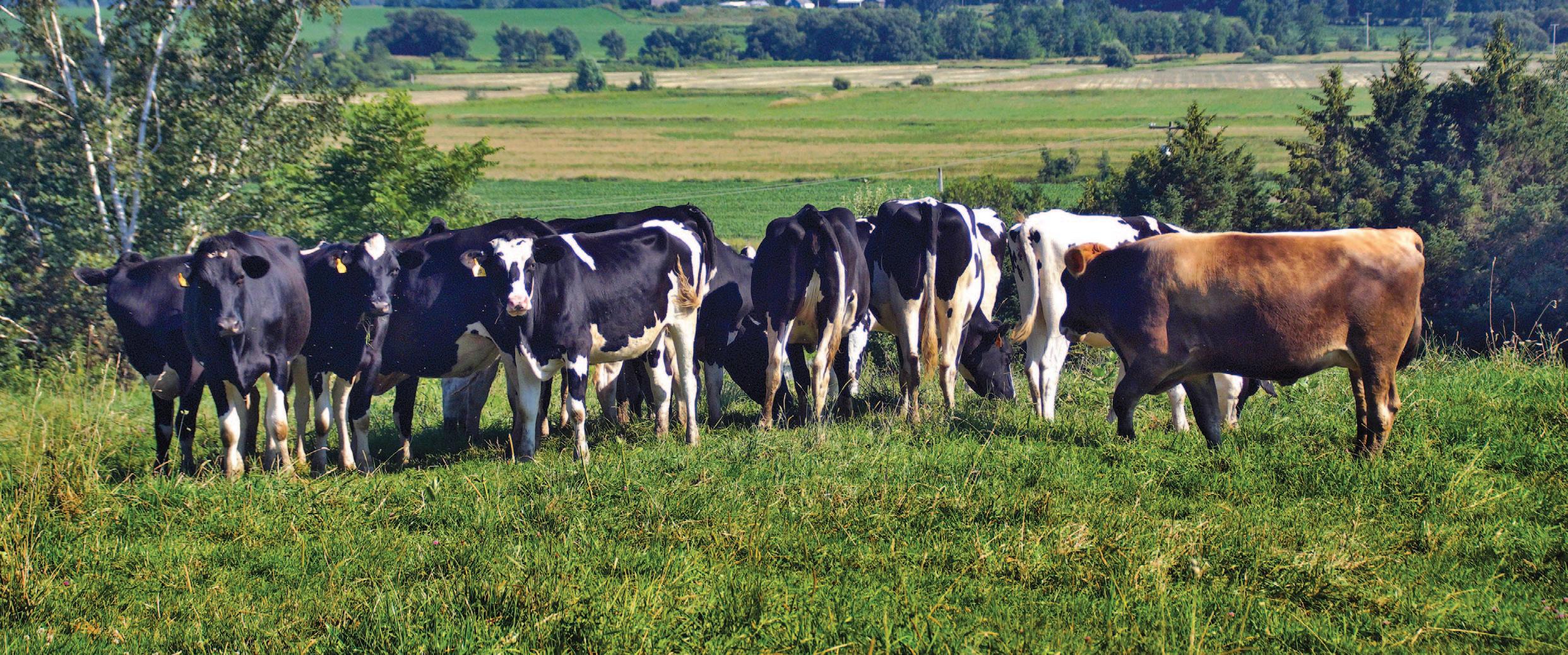
"The staff at ASA are terrific. It is an enormous satisfaction to both Michael and I, to know that the land is now safe for farming forever and cannot and will not be developed. The beauty of the kind we enjoy here in upstate NY is so precious -indeed, so remarkable -- yet so fragile and so easily ruined that conservation is the way we can make sure that the loveliness of Fifth-generation farmer John the landscape, as well as the farms Hand stands in on open field and farmers, will be preserved for on his 425 acres of land in future generations." Washington County and says, “My father’s ashes are During the writing of this article, Governor Cuomo announced that spread on this field, As I more than $31.5 million is being awarded to strengthen the Farmland was considering whether or Protection Implementation Grants program. This will protect 15,600 not it made sense to work acres on 22 New York dairy farms plus eight non-dairy farms. Since with the ASA to preserve this 2018, New York State has made available more than $117 million for land, I heard that a neigh- farmland protection. boring farm was being sold for housing and a big box store. The thought of that happening to this Patrica and Douglas Fuller field did not sit well with me. That was the turning point in my decision to work with the ASA in conserving this land forever.” The Hand Melon Farm is solar-powered and features sweet corn, melons, squash, tomatoes, and is also a favorite location for picking your own strawberries, blueberries, raspberries, tomatoes, sweet and hot peppers, eggplant, and fall squash. Mr. Hand now serves on the board of directors of the ASA. Author Ruth Leys, Ph.D., Harvard and Professor Emerita of the Humanities at John Hopkins and Michael Fried, noted art critic and professor emeritus of art history at John Hopkins, donated tan easement on he 62-acre piece of land they own together and currently lease at low prices to various farmers in Rensselaer County. When I ask Ms. Leys her impression of the work ASA is doing her comments truly sum it all up. Fuller Farm
Agricultural Stewardship Association www.agstewardship.org
